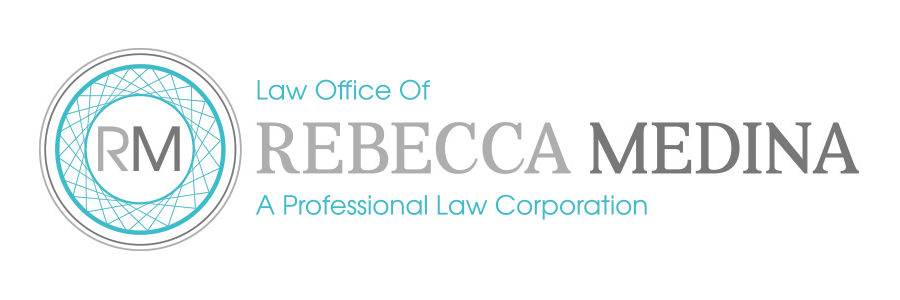Mediation is a type of alternate dispute resolution that can help couples avoid contentious litigation. It allows the parties to have more control over the process, allowing for creative and customized solutions tailored to their unique needs. Divorce mediation is conducted by a trained neutral professional, called a mediator, who facilitates discussions between the couple seeking a divorce.
Spouses are required by California law to disclose all assets during the mediation process.
Mediation sessions typically take place in an informal and comfortable setting, rather than in a courthouse. Typically, a mediator meets with the couple without any attorneys present, but they can be present if the parties so choose. In certain situations, a mediator can talk with each spouse separately, acting as a go-between, until they can be brought together.
A mediator is not a judge and does not provide legal guidance. Rather, they are a neutral third party with specialized training in helping divorcing couples reach mutually beneficial agreements. Their goal is to help the parties achieve a compromise on any disputed issues.
The goal of mediation is to create a truly equitable agreement, by finding solutions that meet the parties’ needs.
How do mediators help?
There are several ways mediators help parties reach agreement:
- Listening to both parties and identifying key issues
- Providing a general explanation of applicable laws to give the parties context and realistic parameters
- Facilitating discussion
- Helping the parties communicate and understand each other
- Keeping the discussion on track and focused
- Ensuring each person has the opportunity to express their priorities and perspective
If you have children, your agreement shouldcontain a parenting plan that addresses child support, custody and visitation. The mediator helps create a plan that both parents feel is in their children’s best interest and allows both parents to spend time with their children and support their children.
Once the parties have agreed to a resolution of all issues and mediation is complete, your lawyers or the mediator will submit the resulting agreement to a judge for approval and then file it with the court. This mediation agreement is binding. An experienced mediation attorney will ensure that the agreement covers all issues and is written in a legally precise manner.
Mental health factors
Court litigation can be a stressful and emotionally draining process. Mediation can help couples avoid these difficult aspects in addition to the cost and length of a traditional divorce. This is especially true if there are only a few issues that need to be resolved. When deciding which type of divorce fits your situation, it is also good to consider whether one or both of the spouses is experiencing mental health issues or has some type of personality disorder. For a person with severe anxiety, a non-litigation alternative like mediation or collaborative law may be beneficial. Whereas having a personality disorder such as borderline personality disorder might make negotiations more difficult. Although it is often hard to determine whether this may apply, it is good to share any information you have with your attorney.
Is mediation right for me?
It may be a good choice if you and your partner had an amicable separation, the relationship is not highly contentious, and you are able to communicate with each other in a respectful way.
Learn more about the mediation process in California
Contact Fresno and San Diego divorce lawyer Rebecca Medina to learn about the mediation process. She is a trained mediator and attorney who can assist you in resolving your divorce using this effective process. Call the Law Offices of Rebecca Medina at 559-324-5427 in Fresno or 858-285-4315 in San Diego today.
